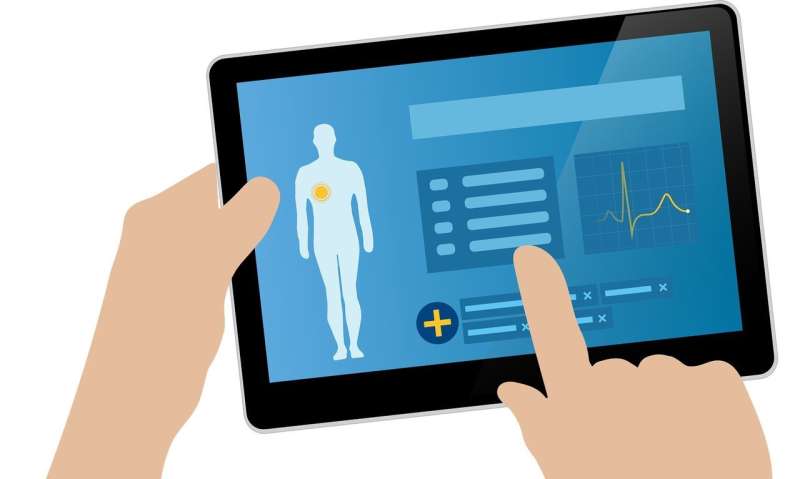
Analyzing molecular characteristics and their variation during lifestyle changes, by combining digital tools, classical laboratory tests and new biomolecular measurements, could enable individualized prevention of disease. This is according to a new study from Karolinska Institutet in Sweden and the University of Helsinki in Finland published in the journal Cell Systems. The researchers show what a proactive healthcare model could comprise and how it could help in maintaining good health.
Sensors, apps and other digital alternatives for monitoring health are increasing our ability to take proactive measures to improve our health and wellbeing. Moreover, the simultaneous measurement of numerous biomolecular variables (multiomics) enables deep and comprehensive profiling of human biology.
“Instead of focusing on the treatment of the later stages of disease, future healthcare services could focus on more proactive and individualized interventions and on the early detection of disease,” says the study’s first author Francesco Marabita, researcher at the Department of Oncology-Pathology, Karolinska Institutet and SciLifeLab in Sweden. “It might sound a little futuristic, but the technology is already there.”
The Digital Health Revolution (DHR) project is a multicentre study set up a few years ago by researchers, amongst other institutions, from the Institute for Molecular Medicine Finland (FIMM) at the University of Helsinki to explore and pilot future approaches to healthcare.
The study spanned 16 months and included 96 individuals between the ages of 25 and 59 who were registered at an occupational healthcare clinic in Helsinki, Finland. There were no known serious diseases, but some of the participants had risk factors such as high blood pressure, elevated glucose or obesity.
The molecular profiling was done in collaboration with investigators from Karolinska Institutet and SciLifeLab. In addition to extensive multiomics analyzes, the serial data collection included online questionnaires, clinical laboratory measurements in blood samples, analysis of the gut microbiome, and activity and sleep data using a smart watch.
The researchers gathered over 20,000 biological samples and over 53 million primary data points for 558,032 distinct features. Besides medical examinations and digital health measurements, all participants received regular guidance to support and encourage lifestyle changes regarding diet, exercise, stress and mental wellbeing.
A web-based dashboard and a smartwatch gave the participants the kind of health data they required to influence their own health, such as genetic risk scores, blood lipids, BMI, and physical activity levels. The interpretation of the health data was facilitated by a physician tied to the study, and personal coaches provided continuous guidance both digitally and in person. At the end, 86 percent reported positive lifestyle changes in terms of diet, exercise, sleep and drinking and smoking habits. The perception of improved health was backed up by the bioinformatic analyzes of the molecular variables.
The results demonstrated new and previously unknown correlations between health risks and molecular factors associated with overweight, diabetes, liver function, immunity and hormones. For instance, the researchers found that synthetic estrogen (ethinyl estradiol) has a broad and unique effect on metabolites, proteins and physiology.
“Our study increases our understanding of human biology and health over time and seems to confirm the potential of a data-driven, individualized approach to motivate and monitor the effects of lifestyle changes and proactive health work,” says Dr. Marabita.
The method is generally applicable for understanding transitions from health to disease. The study didn’t focus on any particular disease, risk group, intervention type or biomarker.
Source: Read Full Article


